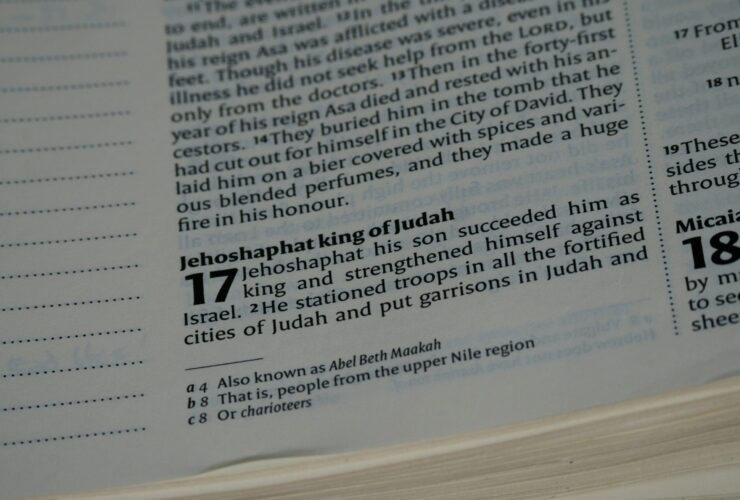Although the Bible consistently portrays God as “longsuffering” and “slow to anger” it seems that Psalm 2:12 brings this into serious question as it says that the wrath of God is “quickly kindled.” As the English Standard Version puts it, “Kiss the Son, lest he be angry, and you perish in the way, for his wrath is quickly kindled” (Psalm 2:12 ESV).
When dealing with apparent difficulties in the Bible, it is always wise to consult other major Bible translations to see how they render the same passage. In this case, when we compare the ESV with other translations this verse comes across somewhat differently. For example, rather than God’s wrath being “quickly kindled” as in the ESV, the King James Version says that God’s wrath is “kindled but a little.” In the same way, the New International Version (like the ESV) says that God’s wrath can “flare up in a moment.” But Young’s Literal Translation says that God’s wrath “burneth but a little.” Though these translations are using very similar words, they are applying them differently giving two vastly different meanings. Putting it into plain English, the ESV and NIV seem to portray God’s patience as small while the KJV and YLT portray God’s wrath as small. The question is, which interpretation is correct? Actually, there is a third way these words could be put together. It may be translated as God’s wrath is kindled “in a little time.” Notice that this translation says nothing of the nature of God’s wrath, only that it will happen in a short time.
“The Lord, the Lord, a God merciful and gracious, slow to anger, and abounding in steadfast love and faithfulness…”
Exodus 34:6
So then, which of the three interpretations is correct? Is God’s wrath “quickly kindled,” (ESV) “kindled but a little,” (KJV) or is it kindled “in a little time”? From the context of Psalm 2, it is very clear that the ESV and NIV’s apparent portrayal of God as quick tempered is not supported. For example, this Psalm is all about Jesus Christ’s Messianic earthly reign which is still in the future. This means that God’s wrath spoken of in this Psalm against the unrepentant has yet to be unleashed. So rather than God’s wrath being “quickly kindled”, He has been, and continues to be extremely “longsuffering” regarding this judgment, allowing time for repentance. Also, this long grace period is consistent with how God dealt with rebellions in the past (such as the Global Flood and Sodom and Gomorrah). Time and time again the Lord waited patiently for people to repent, but when they refused, He had no choice but to pass judgement. Also consider the fact that Psalm 2 itself was written as a warning to those who would oppose Christ. This is a great mercy in itself. God, like He has always done in times past, is issuing forewarning long before He takes action.
In light of this, it seems best to understand the Hebrew of Psalm 2:12 to mean that God’s wrath is “kindled but a little” or perhaps “kindled in a little time.” Since both of these interpretations say nothing of God’s patience there is absolutely no contradiction. God is “longsuffering”, and no Biblical passage says otherwise. For a more in-depth discussion on this issue, check out the full version of this article here.

Ryan Hembree is a daily co-host, speaker, and writer of Bible Discovery. He also hosts a YouTube channel that shows the unity of the Bible and how science and Scripture fit together. Ryan also has an honorary Masters of Ministry in Creation Science from Phoenix University of Theology.






